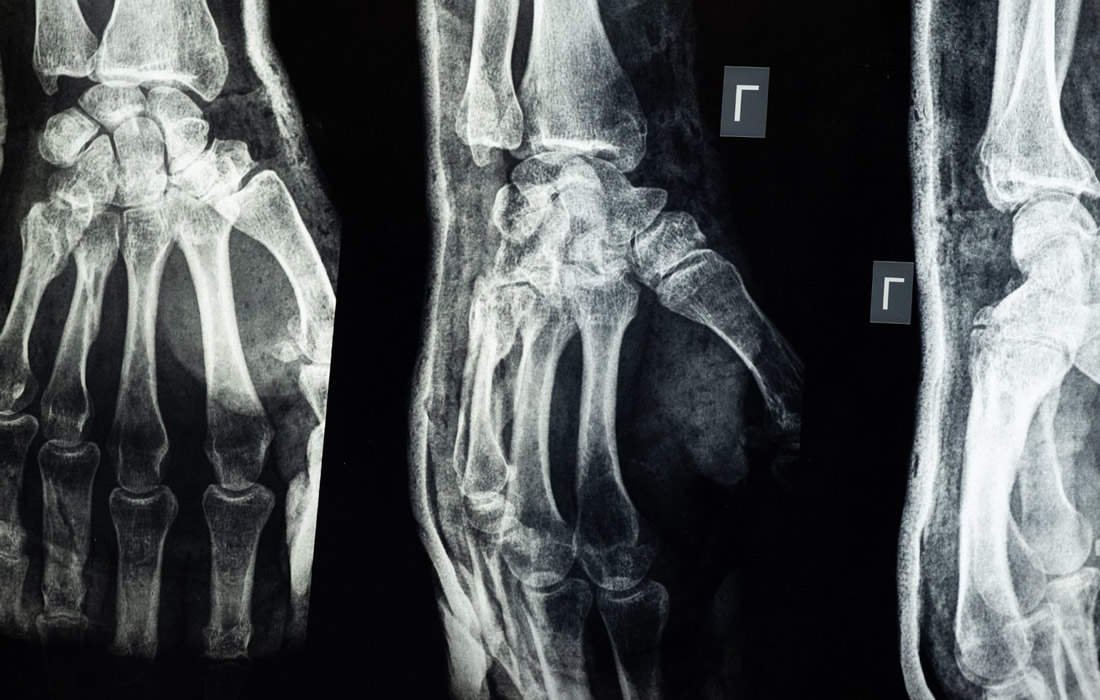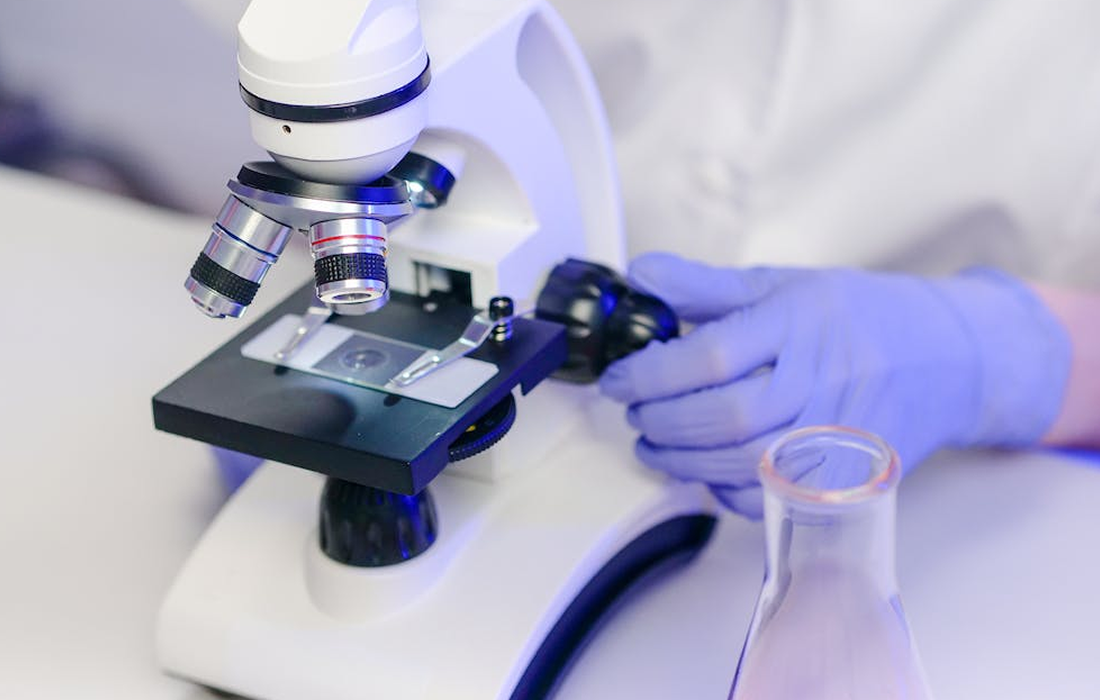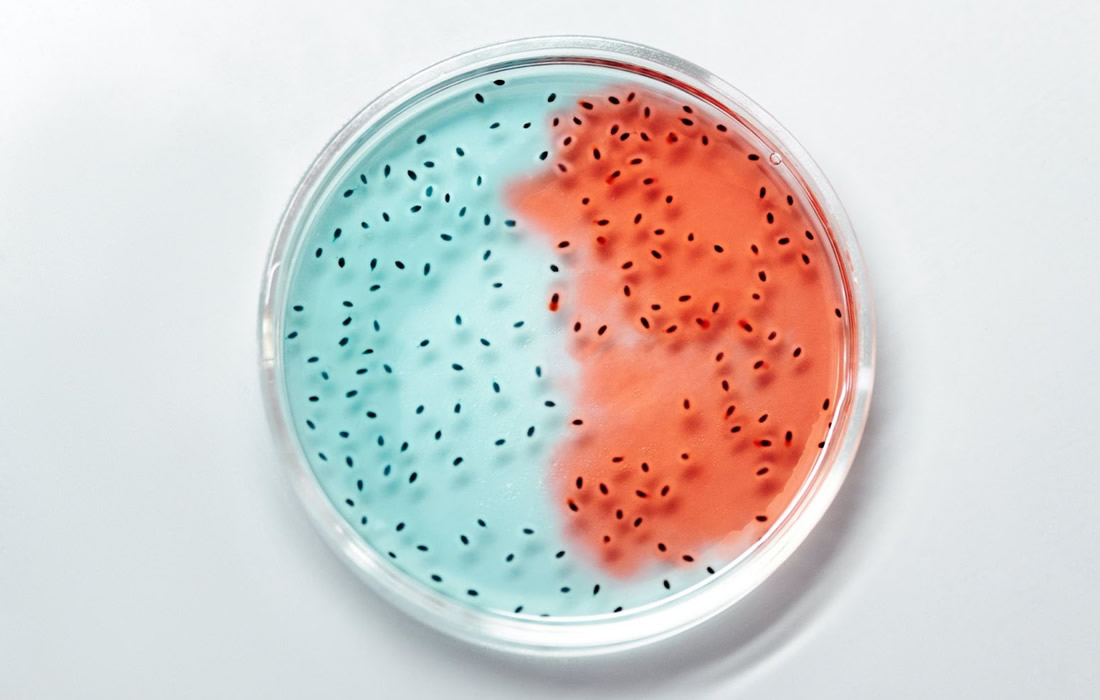Autoimmune diseases such as rheumatoid arthritis are caused when the immune system mistakenly attacks a person’s own tissues or organs. These illnesses affect an estimated 10 million people in the U.S. alone. Treatments are available and can be effective for many patients, but they tend to suppress the immune system indiscriminately, creating an enhanced susceptibility […]
Category Archives: Regenerative Medicine News and General Information
Researchers from the University of Jyväskylä and the Central Finland Health Care District have developed an AI based neural network to detect an early knee osteoarthritis from x-ray images. AI was able to match a doctors’ diagnosis in 87% of cases. Osteoarthritis is the most common joint-related ailment globally. The new AI based method was […]
Exposure to phthalates, a group of plasticizing and solvent chemicals found in many household products, was linked to a lower probability of getting pregnant, but not to pregnancy loss, according to research. Phthalates are found in such common products as shampoo, makeup, vinyl flooring, toys and medical devices. People are exposed primarily by ingesting food […]
A Loyola Medicine study provide further evidence that floppy eyelids may be a sign of sleep apnea. In a study published in the journal The Ocular Surface, corresponding author Charles Bouchard, MD, and colleagues reported that 53 percent of sleep apnea patients had upper eyelids that were lax and rubbery. The most severe cases of […]
Through a highly collaborative research effort led by the laboratory of Saïd Sebti, Ph.D, at the VCU Massey Comprehensive Cancer Center, a team of scientists has successfully developed a groundbreaking targeted therapy that hones in on the KRAS protein that drives some of the deadliest human cancers, including pancreatic, lung and colon tumors. Their findings […]
mRNA — or ‘messenger ribonucleic acid’ — is the genetic material that tells cells in the body how to make a specific protein. Researchers from the Medical Research Council (MRC) Toxicology Unit have discovered that the cellular machinery that ‘reads’ mRNAs ‘slips’ when confronted with repeats of a chemical modification commonly found in mRNA therapeutics. […]
The maintenance of a balanced lipid homeostasis is critical for our health. While consumption of excessive amounts of fatty foods contributes to metabolic diseases such as obesity and atherosclerosis, fat is an indispensable component of our diet. Digested lipids supply the body with essential building blocks and facilitate the absorption of important vitamins. In a […]
Light in the evening is thought to be bad for sleep. However, does the color of the light play a role? Researchers from the University of Basel and the Technical University of Munich (TUM) compared the influence of different light colors on the human body. The researchers’ findings contradict the results of a previous study […]
In the future, a little saliva may be enough to detect an incipient cancer. Researchers at the University of Gothenburg have developed an effective way to interpret the changes in sugar molecules that occur in cancer cells. Glycans are a type of sugar molecule structure that is linked to the proteins in our cells. The […]
A new study by researchers at Lund University provides increased support for the idea that epigenetic changes can cause type 2 diabetes. Epigenetic changes that arise due to environmental and lifestyle factors can affect the function of genes. “Our new extensive study confirms our previous findings from smaller studies, showing that epigenetic changes can contribute […]










